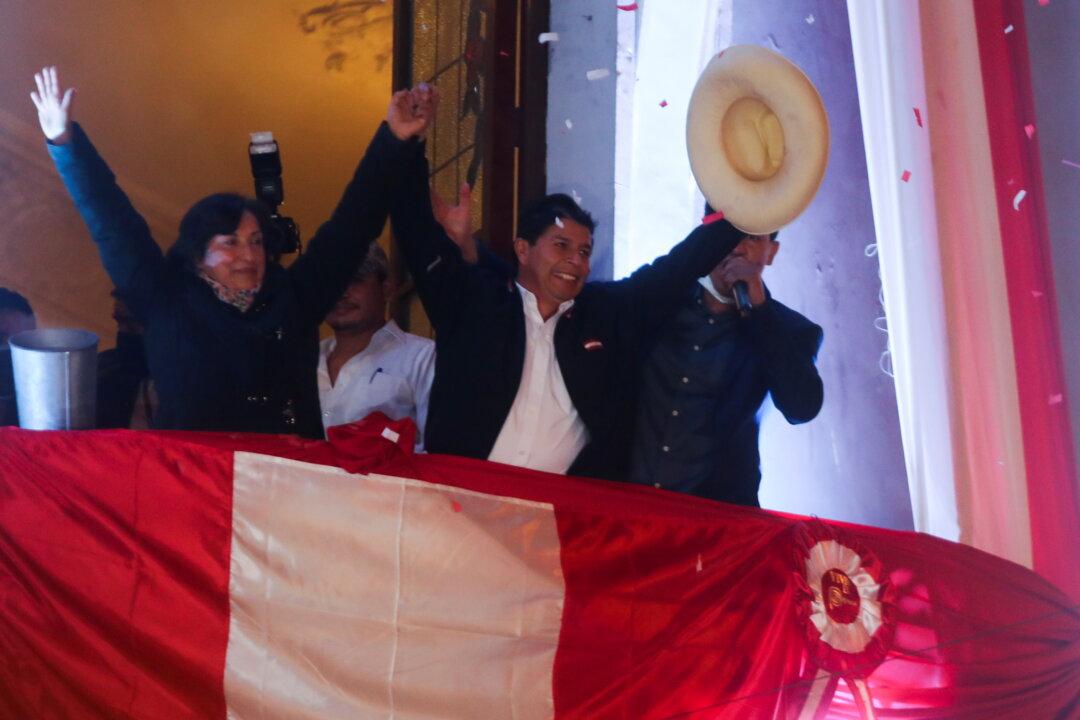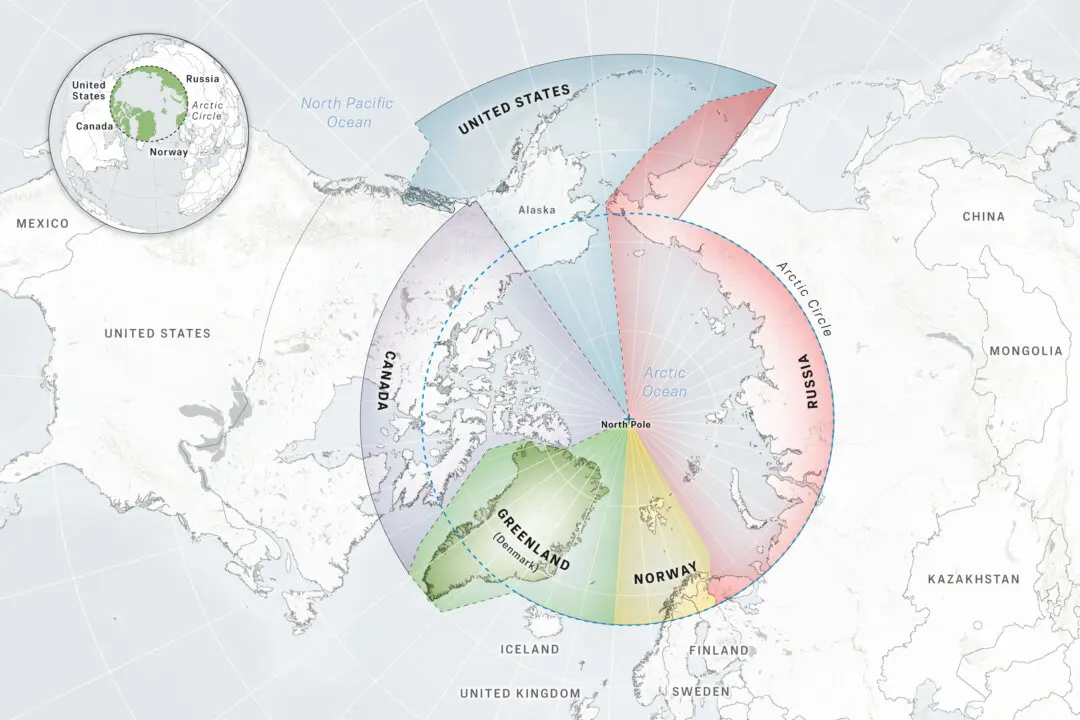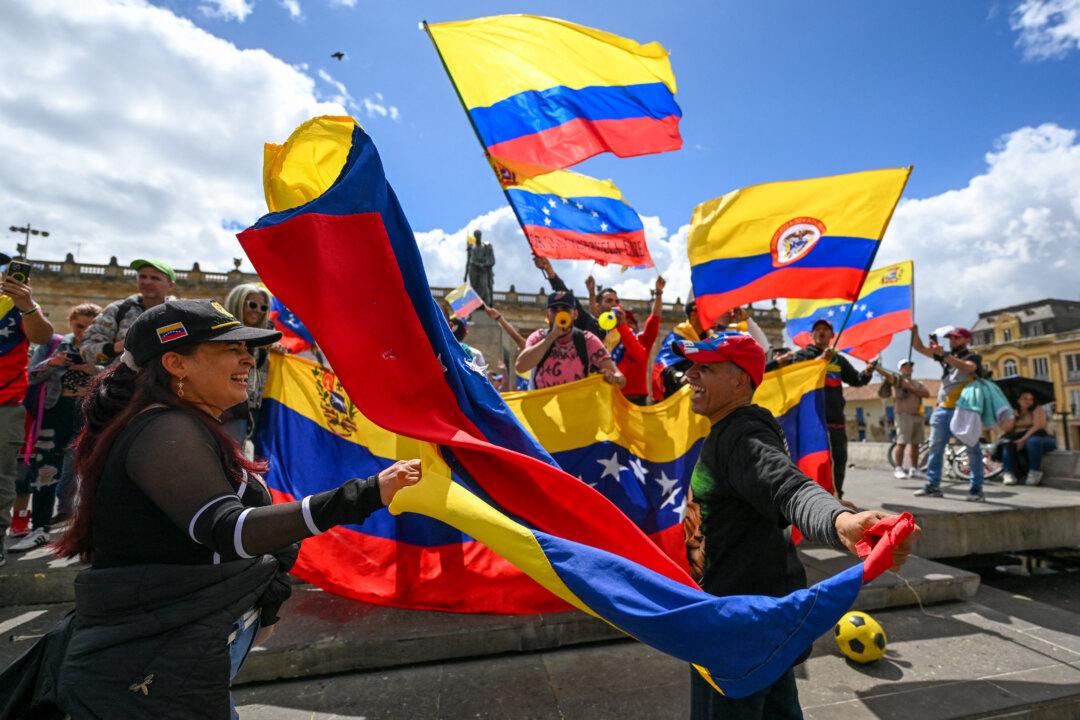SANTA CRUZ, Bolivia—The administration of Pedro Castillo, Peru’s socialist president, has canceled all social events, including family gatherings, on Christmas Day 2021 and New Year’s Day 2022.
Using a supreme decree that was approved on Dec. 9 and went into effect the following day, Peruvians are required to stay at home without exception. In the same order, those older than age 18 must now show proof of vaccination against the CCP (Chinese Communist Party) virus to enter any “closed spaces,” such as stores, markets, banks, or churches. Those who work face-to-face jobs with more than 10 people must also present proof of vaccination to stay employed in non-remote positions.





